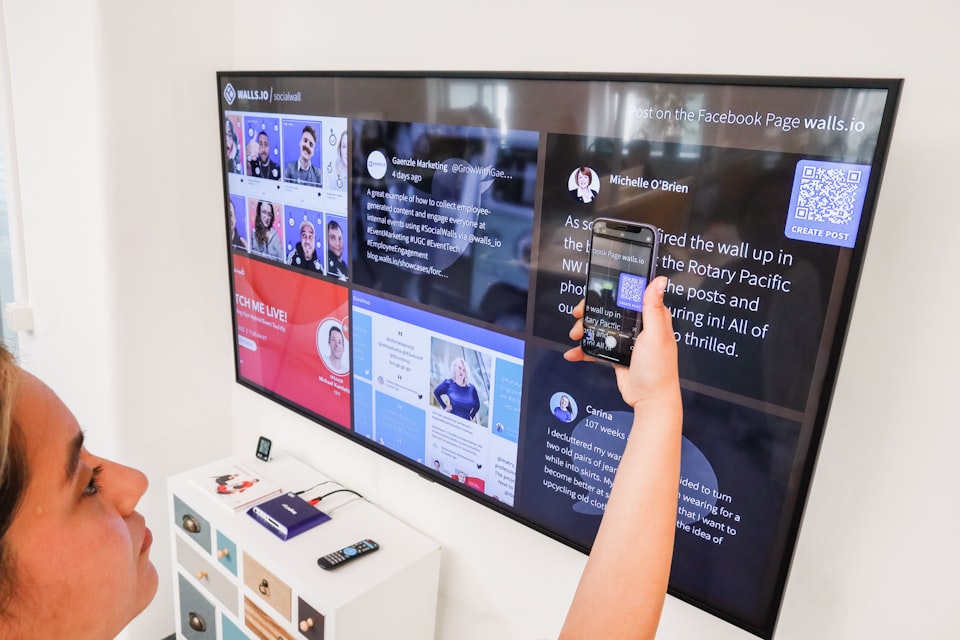Experiential Marketing & QR Codes

Experiential marketing refers to a marketing approach that focuses on creating memorable and engaging experiences for customers. This type of marketing aims to create an emotional connection between the customer and the brand, which can drive customer loyalty and advocacy.
Experiential marketing can take many forms, ranging from interactive experiences to live events and everything in between. Here are a few examples:
- Interactive Displays: An interactive display, such as a virtual reality booth, augmented reality game, or interactive wall, that allows customers to engage with a brand or product in a unique and memorable way.
- Pop-Up Stores: A temporary store, event, or exhibition that provides customers with an immersive brand experience, often featuring interactive displays, product demonstrations, or live events.
- Live Events: A live event, such as a concert, sporting event, or festival, that provides customers with an opportunity to experience a brand or product in a live setting.
- Immersive Experiences: An immersive experience, such as a theme park, escape room, or virtual reality experience, that provides customers with a fully-immersive brand experience.
- Product Demonstrations: A product demonstration, such as a cooking class, wine tasting, or car showroom, that allows customers to try out a product or service in a hands-on setting.
These are just a few examples of experiential marketing. The goal of experiential marketing is to create a memorable and engaging experience for customers, so there are many different types of experiences that can be created to meet the needs of a particular brand or product. By using experiential marketing, businesses can create a strong emotional connection with customers and drive customer loyalty and advocacy.
QR codes can be integrated into experiential marketing campaigns as a way of enhancing the customer experience and providing a convenient way for customers to engage with the brand. For example, QR codes can be used to access interactive experiences, such as virtual reality displays or augmented reality games, or to access exclusive content, such as videos or product information.
By using QR codes in experiential marketing, businesses can provide customers with a convenient and engaging way to access information and experiences, and create a memorable and lasting connection with the brand. QR codes offer a fast and easy way for customers to engage with a brand, and can help to drive customer engagement and loyalty.




